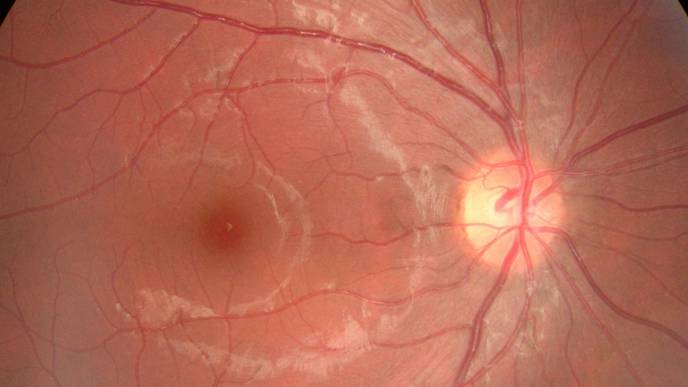ReachMD
Be part of the knowledge.™Family Matters: The Role of Genetics in Glaucoma Risk

Glaucoma, a leading cause of irreversible blindness worldwide, is a complex eye disease characterized by progressive damage to the optic nerve. While elevated intraocular pressure (IOP) is a significant risk factor, the underlying causes of glaucoma are multifactorial, with genetics playing a crucial role. Understanding the genetic underpinnings of this condition is crucial for early detection, personalized treatment, and the development of targeted therapies.
Hereditary Predisposition Glaucoma has a strong hereditary component, with numerous genetic variants contributing to an individual's risk.
Studies have shown that individuals with a family history of glaucoma have a significantly higher likelihood of developing the condition themselves. This risk increases further if multiple family members are affected, indicating the influence of specific genetic factors.
Genetic Mutations and Glaucoma Subtypes Researchers have identified several gene mutations associated with different subtypes of glaucoma. For instance, mutations in the MYOC gene are linked to primary open-angle glaucoma (POAG), the most common form of the disease. Similarly, mutations in the CYP1B1 gene are strongly associated with primary congenital glaucoma, a rare but severe form that affects infants and children.
Additionally, genetic variations in other genes, such as OPTN, WDR36, and TBK1, have been implicated in the development of normal-tension glaucoma (NTG), a subtype characterized by optic nerve damage despite normal or low IOP levels.
Genetic Testing and Risk Assessment With the advent of genetic testing technologies, it is now possible to screen individuals for known glaucoma-associated gene mutations. This information can be invaluable in identifying individuals at high risk, enabling earlier intervention and monitoring. Genetic testing may also assist in tailoring treatment strategies based on an individual's specific genetic profile.
However, it is important to note that the absence of identified genetic mutations does not eliminate the risk of developing glaucoma, as the disease can also be influenced by environmental factors and complex gene-environment interactions.
Personalized medicine and future therapies understanding the genetic underpinnings of glaucoma not only aids in risk assessment but also paves the way for personalized medicine and the development of targeted therapies. By targeting specific genetic pathways or modulating gene expression, researchers aim to develop more effective and precise treatments for different glaucoma subtypes.
Heart Disease in Women- Recognizing the Signs and Symptoms
Gene therapy, which involves introducing functional genes to replace or supplement defective ones, holds promise as a potential future treatment option for inherited forms of glaucoma. Additionally, pharmacogenomics, the study of how an individual's genetic makeup affects their response to drugs, may lead to more tailored and effective medication regimens.
The role of genetics in glaucoma risk is undeniable, and continued research in this area is crucial for advancing our understanding and management of this sight-threatening condition. By leveraging genetic insights, we can improve early detection, risk stratification, and the development of personalized treatment strategies. Ultimately, unraveling the genetic complexities of glaucoma may hold the key to preserving vision and preventing blindness for generations to come.
(Dr Uma Malliah, Senior Consultant, Opthalmology, Indraprastha Apollo Hospitals, New Delhi)
Facebook Comments